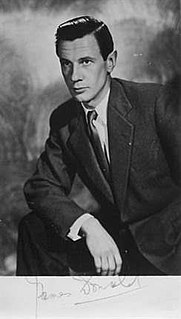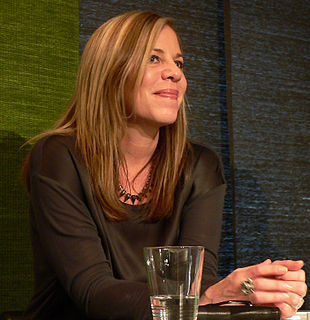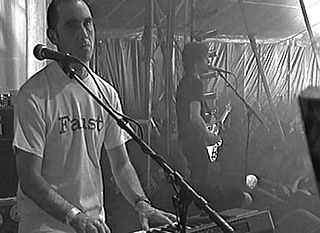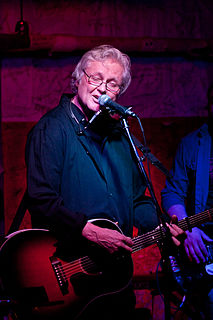A Quote by James Donald
Back then when Chomsky and Herman wrote, the left, myself among them, all knew that something terrible was happening in Vietnam, though most now claim to remember otherwise.
Related Quotes
In high school, I had a teacher there who was really great to me and with whom I finally dared to admit I wanted to be a writer myself, and we did a project where I wrote terrible, 17-year-old fiction. But I remember a couple of the stories. I'd love it if I could read with pride something that I wrote that long ago, but it hasn't happened yet.
Actually when I was wounded and recovering in Japan. I went to church there and I remember on the air base where their hospital was, I remember coming out of that church and feeling like I had been - at that point I just felt very, very close to God and that I'd done the right thing with my life. And I knew I wasn't going back to Vietnam. I just knew I wasn't going back.
You can't just make yourself matter and then die, Alaska, because now I am irretrievably different, and I'm sorry I let you go, yes, but you made the choice. You left me Perhapsless, stuck in your goddamned labyrinth. And now I don't even know if you chose the straight and fast way out, if you left me like this on purpose. And so I never knew you, did I? I can't remember, because I never knew.
It seemed to a number of philosophers of language, myself included, that we should attempt to achieve a unification of Chomsky's syntax, with the results of the researches that were going on in semantics and pragmatics. I believe that this effort has proven to be a failure. Though Chomsky did indeed revolutionize the subject of linguistics, it is not at all clear, at the end the century, what the solid results of this revolution are. As far as I can tell there is not a single rule of syntax that all, or even most, competent linguists are prepared to agree is a rule.
I like to believe that I don't think of myself as a writer. I am an amateur. Back when I was teaching, I wrote when I could. Weekends were good typewriter time. Now, it's whenever I feel there's something to be put on paper. I don't care what time it is, though I always write in the notebooks at night.
In writing you work toward a result you won't see for years, and can't be sure you'll ever see. It takes stamina and self-mastery and faith. It demands those things of you, then gives them back with a little extra, a surprise to keep you coming. It toughens you and clears your head. I could feel it happening. I was saving my life with every word I wrote, and I knew it.
For a second we just stand there in silence. Then, suddenly, Alex is back, easy and smiling again. “I left a note for you one time. In the Governor’s fist, you know?” I left a note for you one time. It’s impossible, too crazy to think about, and I hear myself repeating, “You left a note for me?” “I’m pretty sure it said something stupid. Just hi, and a smiley face, and my name. But then you stopped coming.” He shrugs. “It’s probably still there. The note, I mean. Probably just a bit of paper pulp by now.
I tend to work in the mornings, then take a few hours off in the afternoon to walk the dog, and then come back and work in the evening. So, if I can remember my pre-dog walking music when I get back then that's fine, I'll kind of commit to those bits, but if I can't remember them I'll just move on to something else.
I could send myself right back to the day that I wrote "Angel Of The Morning," how it felt. I had a buzz through me that morning that was so powerful. I knew I had done something that meant something, because of that feeling. It wasn't a question of whether other people liked it ... I loved it. To me, it had to be one of the most important love stories of all time.




































